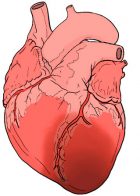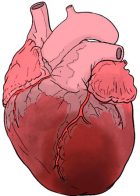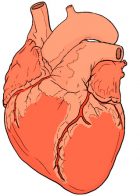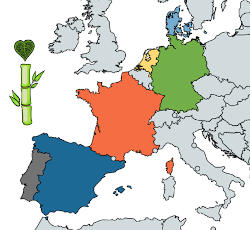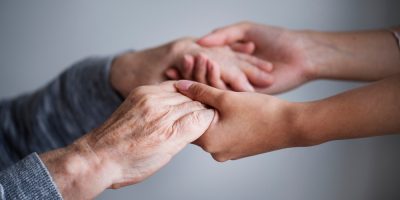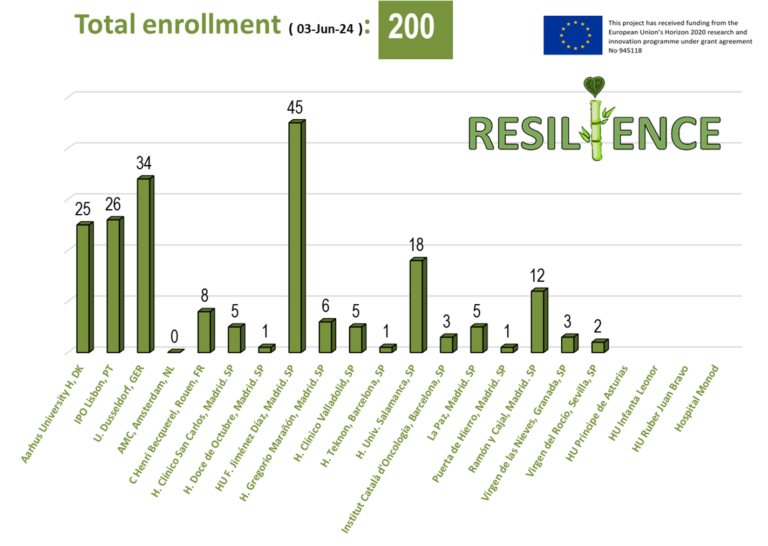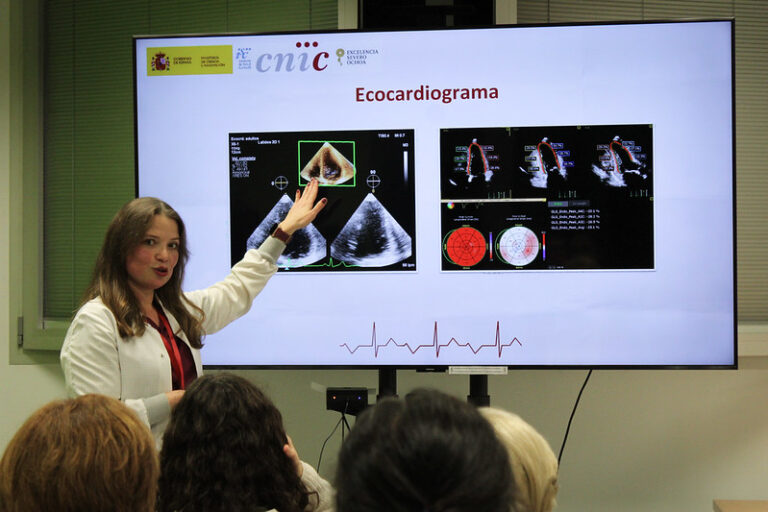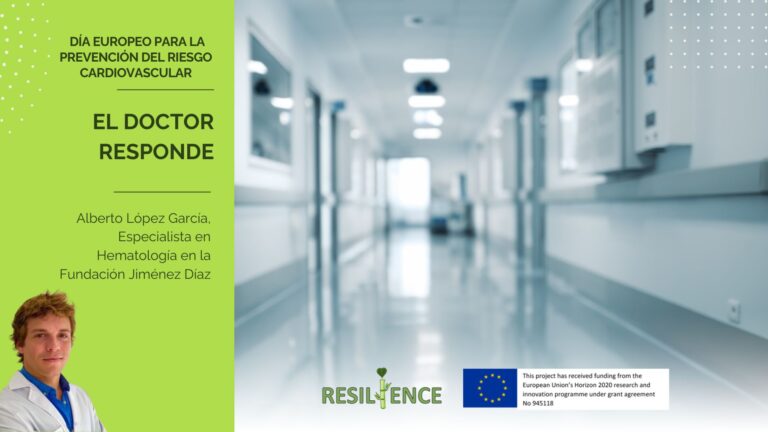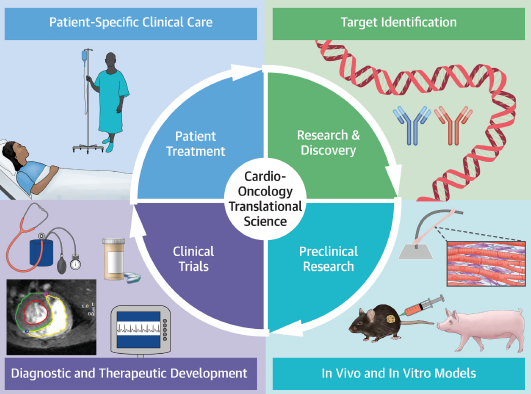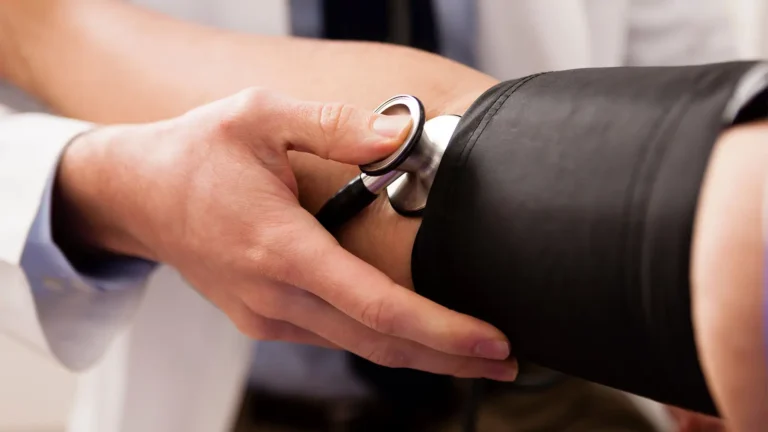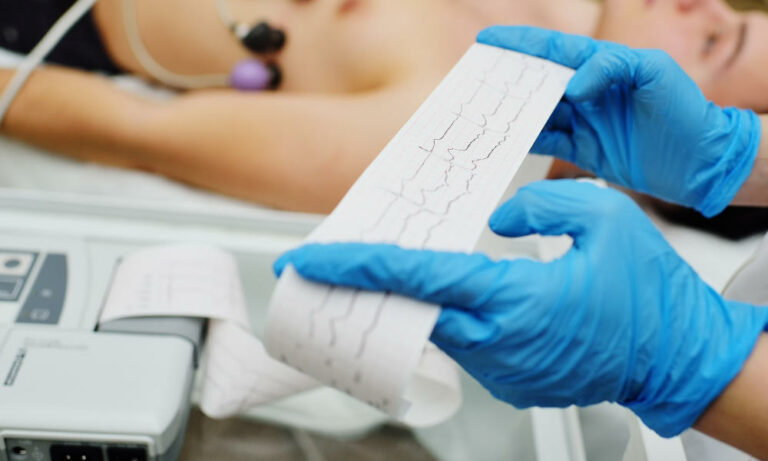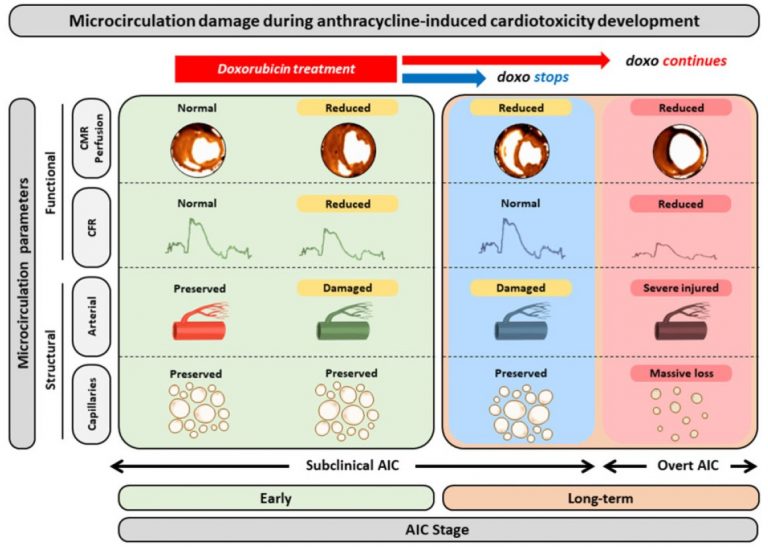Cancer treatments can cause side effects that make it difficult to eat correctly, but it is essential to maintain a healthy and balanced diet to contribute to an adequate recovery from the disease.
Lack of appetite, nausea, changes in taste and smell or dry mouth are some of the side effects that sometimes hinder feeding in cancer patients. However, following a healthy and balanced diet is essential to contribute to a good recovery from the disease.
The medical team will tell you what are the best dietary guidelines depending on your treatment, the type of cancer, etc. However, there are some tips that we will address in this blog related to diet in cancer patients.
What cancer patients should eat
In general, the ideal is to base the diet on a Mediterranean diet, consuming more foods of plant origin than of animal origin. However, there are some more specific guidelines on what cancer patients should eat to maintain a healthy diet during the treatment of the disease:
- Try to take raw foods such as fruits and vegetables; as well as legumes at each meal, to meet the needs of vitamins.
- Eat a moderate amount of fish (preferably blue), in addition to poultry and eggs.
- Reduce red meat consumption.
- Avoid refined foods and opt for whole grains, which contain more fiber and favor the functioning of the digestive system.
- Always use cold-pressed oils, such as virgin olive oil. It is also recommended not to reuse the oil more than once when cooking, as it loses linoleic acid and vitamins A and C.
- Beer and red wine are advisable during meals, but in moderation. Wine has antioxidant substances and prevents the formation of atheromas, which are masses composed of fat or lipids in the deposits of the arterial walls. And beer, on the other hand, is rich in nutrients and vitamins of group B.
- Yogurt contains Lactobacillus acidophilus, which boosts immunity and prevents infections.
How to prepare meals in cancer patients
In addition to paying special attention to food to carry out a healthy diet, it is necessary to also consider some guidelines when cooking. For example:
- When cooking meat or fish, it is preferable not to heat the oil to the point that it begins to smoke. High temperatures destroy essential fatty acids and linoleic acid.
- Steaming vegetables preserves their properties. Also, if they are cooked, it is advisable to reuse the broth, since the water-soluble vitamins and some minerals dissolve in the cooking water.
- Use casseroles with hermetic lid and stainless steel. Those made of copper, favor oxidation and loss of vitamin C.
Also, during cancer treatment patients suffer greater fatigue, so it is recommended to fill the refrigerator and freezer with healthy foods, which do not require much preparation and cook the most elaborate dishes in advance. In this way, there will always be good alternatives for health at mealtime without the need for extra effort.
However, each person is different. Therefore, it is essential that, if you start having problems eating or suffer from digestion problems, talk to your medical team to advise you and help you maintain a proper diet.
If you would like to know more about healthy lifestyle habits and cancer, check out our latest blog articles with recommendations and hints for cancer patients.

